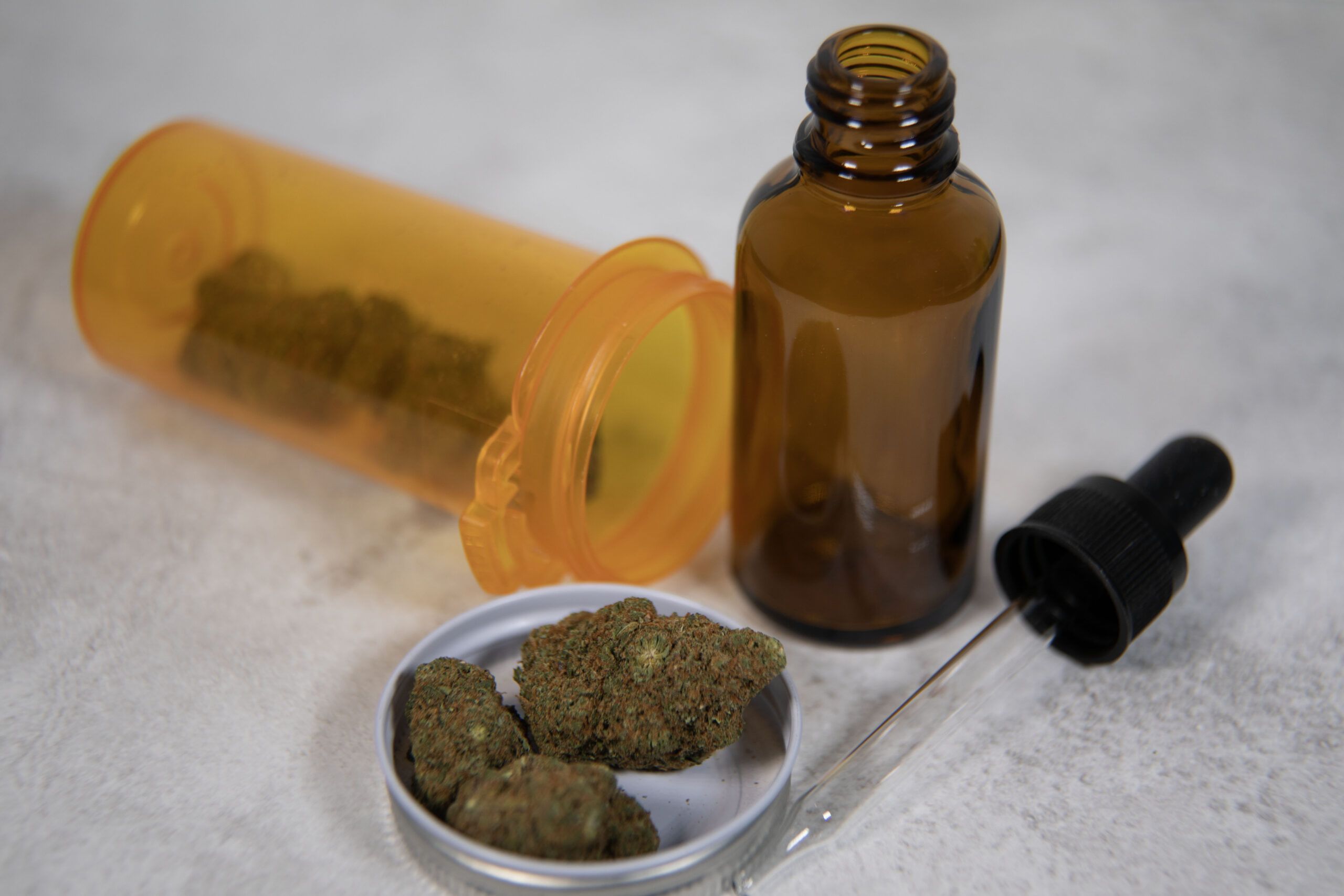Today I’m delving into a topic close to my heart – the potential benefits of cannabis for individuals with Autism and Asperger’s Syndrome. As a fierce advocate for autism awareness, I’m intrigued by the emerging research in this field, especially when it comes to our children.
The Spectrum and Cannabis: An Overview
Autism Spectrum Disorder (ASD) and Asperger’s Syndrome are neural developmental disorders characterized by challenges in social interaction, communication, and repetitive behaviors. The question on many parents’ minds is: Could cannabis be a beacon of hope?
Studies and Discoveries: A Ray of Light
Recent studies have started shedding light on this possibility. A study published in the Journal of Autism and Developmental Disorders observed a significant improvement in symptoms such as hyperactivity, lethargy, and irritability in children with ASD treated with CBD-rich cannabis.
Another study in the journal Scientific Reports noted a 30% improvement in communication problems and a 50% improvement in symptoms related to anxiety and behavior disorders after cannabis treatment. These findings offer a glimmer of hope, suggesting cannabis may aid in managing certain symptoms associated with ASD.
The Dilemma: Cannabis for Children
The idea of administering cannabis to children, especially adolescents, is fraught with concerns and controversies. The developing brain is sensitive, and the long-term effects of cannabis use in children are not fully understood. The key is a cautious, monitored approach, with an emphasis on non-psychoactive compounds like CBD, which does not produce the ‘high’ associated with THC.
Professional Guidance: A Must
I cannot stress enough the importance of professional medical guidance in this arena. Any treatment involving cannabis should be closely monitored by healthcare providers, considering the individual needs and responses of each child.
Conclusion: A Path Forward with Caution
In closing, while the potential of cannabis in alleviating certain symptoms of ASD is promising, it’s a path that must be tread with caution and deep understanding. More research is needed, especially long-term studies, to fully comprehend the implications and benefits of cannabis use in children with ASD.
As we navigate these waters, let’s keep our minds open to new possibilities, always prioritizing the safety and well-being of our children.
In our quest to support those with Autism and Asperger’s, cannabis emerges as a potential ally, offering hope but demanding careful consideration and research.

